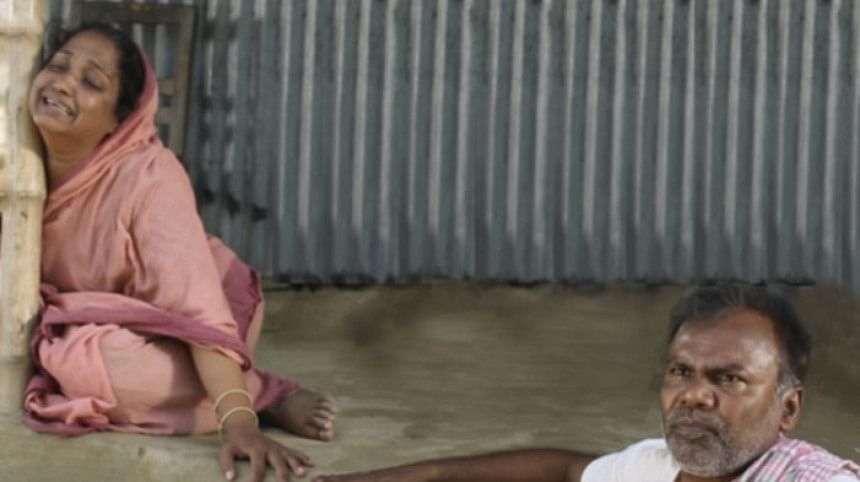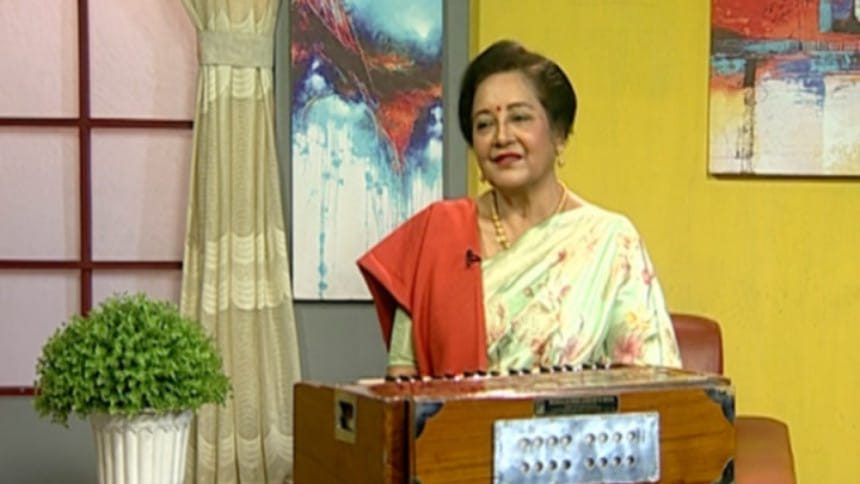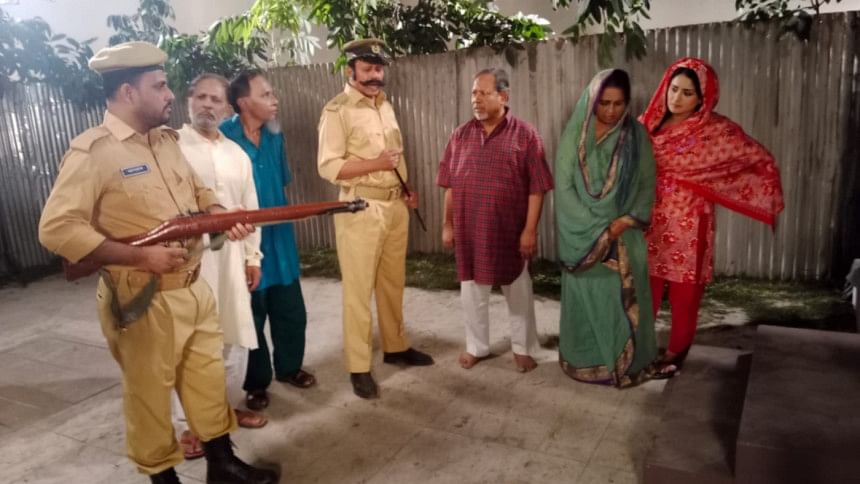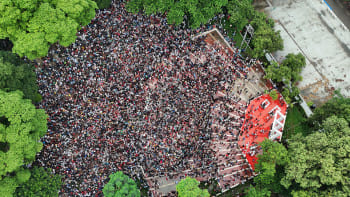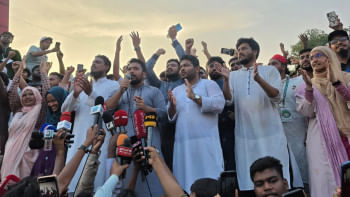Sheikh Hasina's flight from Bangladesh under duress marked a momentous "event"—a term philosopher Alain Badiou employs to describe a "radical rupture" in the historical and political fabric. Her ignominious ouster, following a popular uprising, exposed deep political fractures. It seemed to signify the end of an era dominated by her authoritarian rule. Yet, its aftermath lingers like the spectral presence of a purloined letter: visible yet elusive, significant yet unresolved. Her escape, an act unfolding in plain sight, remains steeped in symbolic implications, clouded by the political and social dynamics it unleashed.
In Jacques Lacan's reading of Edgar Allan Poe's The Purloined Letter, the "lost letter" symbolises a hidden truth that remains elusive despite being in plain view. It is not absent in a literal sense, but displaced and misinterpreted. Similarly, Hasina's "purloined escape" embodies an act both present and absent. While her departure is a visible fact, its underlying significance remains deferred—a symbol open to multiple interpretations. Like the purloined letter, her flight disrupts the established order, evoking uncertainty and perpetuating the structures of power and resistance it was meant to dismantle.
Hasina's absence exemplifies Lacan's concept of deferred meaning, where significance is perpetually postponed. In Poe's story, the ongoing search for the letter creates the illusion of stability despite underlying turmoil. Similarly, Hasina's escape transforms her from a political leader into a symbolic figure whose influence lingers in her absence. The question of moving forward while grappling with the structures she left behind remains unresolved, caught in the paradox of her "absence of presence" and "presence of absence."
Entrenched binaries and deferred relevance
Major political parties, notably the Bangladesh Nationalist Party (BNP) and Jamaat-e-Islami, struggle to assert relevance, clinging to their unforeseen adversarial posture. Despite, or perhaps because of, Hasina's dramatic departure, they remain entrenched in the binary opposition of Awami League versus BNP, failing to adapt to a shifting political reality. Their efforts to position themselves against the interim government, already accused of being mired in inefficiency and elitism, ironically amplify Hasina's lingering influence.
This inability to evolve underscores their reliance on a familiar, albeit antiquated, political script. Rather than reimagining their roles in a post-Hasina polity, they perpetuate old rivalries, allowing her symbolic shadow to dominate. Their reluctance to transcend the oppositional framework—built on decades of political polarisation—delays the potential for meaningful reform. In this stasis, they fail to address systemic challenges that demand attention, undermining their relevance in an evolving political landscape.
Revolutionary fervour meets institutional inertia
Meanwhile, the students who spearheaded the July uprising face the daunting task of translating revolutionary fervour into institutional change. The inertia of the very systems they sought to dismantle threatens to co-opt their idealism, reducing their efforts to yet another cog in the machinery of political stagnation. While their aspirations to launch a new political party reflect a desire for transformation, these efforts risk dilution through compromises with questionable political stakeholders, potentially undermining their revolutionary ethos.
The students' struggle is emblematic of a broader challenge: the collision between transformative aspirations and entrenched political structures. Their movement, though a catalyst for Hasina's ouster, now faces the task of sustaining momentum in a landscape rife with obstacles. The risk of becoming subsumed by existing political dynamics looms large, threatening to erode the revolutionary potential they embody.
The interim government: Navigating fragile terrain
The interim government—tasked with navigating this fraught transition—bears the weight of stabilising a fractured polity. Yet, the entrenched remnants of Sheikh Hasina's regime, particularly within the business and civil-military bureaucracies, persist. These institutions, far from collapsing, perpetuate an illusion of continuity. Their complicity reinforces the structures Hasina built, making her absence paradoxically more pronounced. In this sense, her symbolic presence haunts the nation's politics, raising doubts about whether genuine change is possible or if the illusion of her authority will endure.
The interim government's inefficiency and elitism further complicate this precarious moment. Its increasing connivance of, if not entanglement with, entrenched interests limits its capacity to enact transformative reforms, perpetuating the structures that enabled Hasina's authoritarian rule.
Historical reckonings and structural flaws
This moment must be contextualised within Bangladesh's broader historical trajectory. Sheikh Hasina's rule was characterised by consolidation of power, suppression of dissent, and the erosion of democratic institutions. Her escape represents not only a political rupture but also a profound challenge to the nation's collective psyche. It forces a reckoning with the deep-seated issues that allowed her authoritarian regime to thrive.
The remnants of Hasina's centralised power structure—entwined with businesses, civil and military bureaucracies, and law enforcement—pose a formidable challenge. These institutions must not merely adapt to her absence, but critically interrogate the systems that sustained her rule. Bangladesh's true challenge lies not in pursuing the illusory stability of her presence, but in confronting the foundational flaws that perpetuated her authority.
Beyond the illusion: Seizing the moment
The lessons of The Purloined Letter remind us that the endless pursuit of illusory truths delays meaningful progress. Bangladesh must look beyond Hasina's absence to address the systemic issues that sustained her rule. Only by doing so can the nation hope to transcend the shadow of her legacy and build a more accountable and democratic future.
The stakes are high, and the path ahead is fraught with uncertainty. Yet, within this uncertainty lies the potential for transformation—a chance to reclaim agency and forge a new political order. Hasina's escape, like the purloined letter, is a conspicuous truth resisting resolution. The pressing question remains: will Bangladesh seize this moment to confront its past and shape a new future, or remain trapped in cycles of deferred meaning and contested power?
The shadow of authority: Lacanian insights on deferred meaning
Lacan's notion of deferred meaning, grounded in the idea that meaning is always postponed through language and its inherent instability, provides a powerful lens through which to view the political situation in Bangladesh under Hasina's leadership. Her physical absence may be a clear reality, but the symbolic structures and institutions she built persist in shaping the political and social landscape. This creates a tension where the country is caught between the absence of a visible, authoritative figure and the continued, often oppressive, presence of the systems she put in place.
In Lacanian terms, Hasina's absence operates like the petit objet a, the object-cause of desire—an absence that nonetheless fuels desire and longing, as it remains unfulfilled. In this case, her absence becomes the catalyst for political stagnation and potential change. It paralyses the public, as they remain fixated on her legacy and the systems she left behind, unable to move past them. This paralysis is akin to the feeling of being trapped in the shadows of a once-dominant figure, where the country remains obsessed with a past it cannot escape.
Yet, Lacan also suggests that absence can open the door to a new kind of freedom. Just as Poe's The Purloined Letter remains hidden in plain sight, so too does the potential for transformation in Bangladesh. The systems that continue to operate in Hasina's name are not static—they are open to reinterpretation. But for this to happen, there must be a willingness to confront the shadows she left behind and embrace the ambiguity of her symbolic absence. The unresolved question is whether Bangladesh can move beyond the constraint of her legacy and reimagine its political future in a way that is not tied to her shadow.
This process of redefining the nation would require confronting the fragmented meanings that linger in the wake of Hasina's influence. Lacan's theory reminds us that meaning is never stable; it is in constant flux, deferred, and subject to reinterpretation. The challenge for Bangladesh lies in whether it can seize the opportunity created by the gap left by Hasina's absence to reconstruct its identity on its own terms, no longer defined by the shadow of its former leader. This involves not just dismantling the systems of power she established but also reimagining the underlying symbols that continue to shape its political consciousness. Only then can the country begin the difficult process of liberating itself from the ideological structures that still hold sway and begin anew in a post-Hasina era.
Dr Faridul Alam writes from New York City, US.
Views expressed in this article are the author's own.
Follow The Daily Star Opinion on Facebook for the latest opinions, commentaries and analyses by experts and professionals. To contribute your article or letter to The Daily Star Opinion, see our guidelines for submission.



 For all latest news, follow The Daily Star's Google News channel.
For all latest news, follow The Daily Star's Google News channel. 


